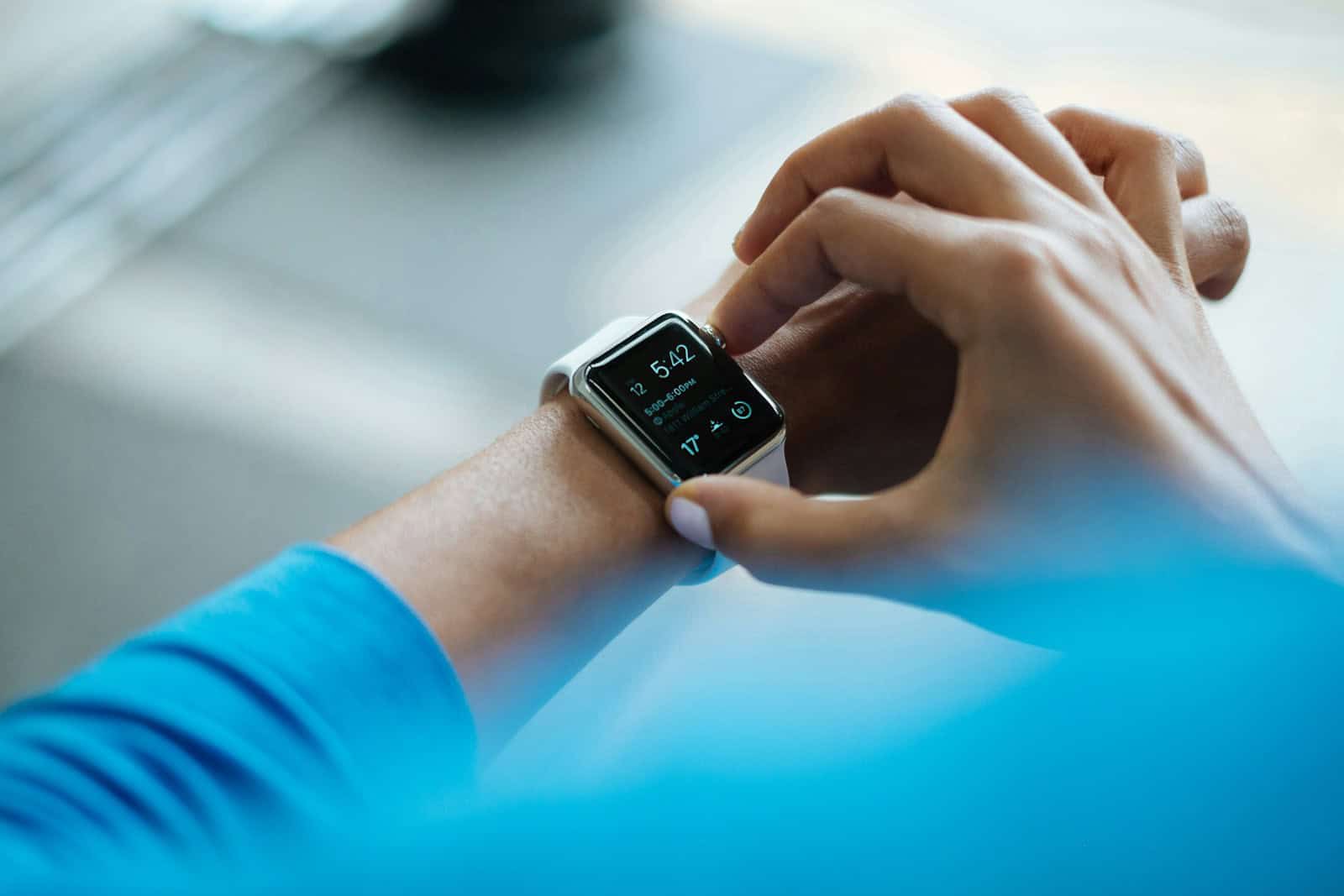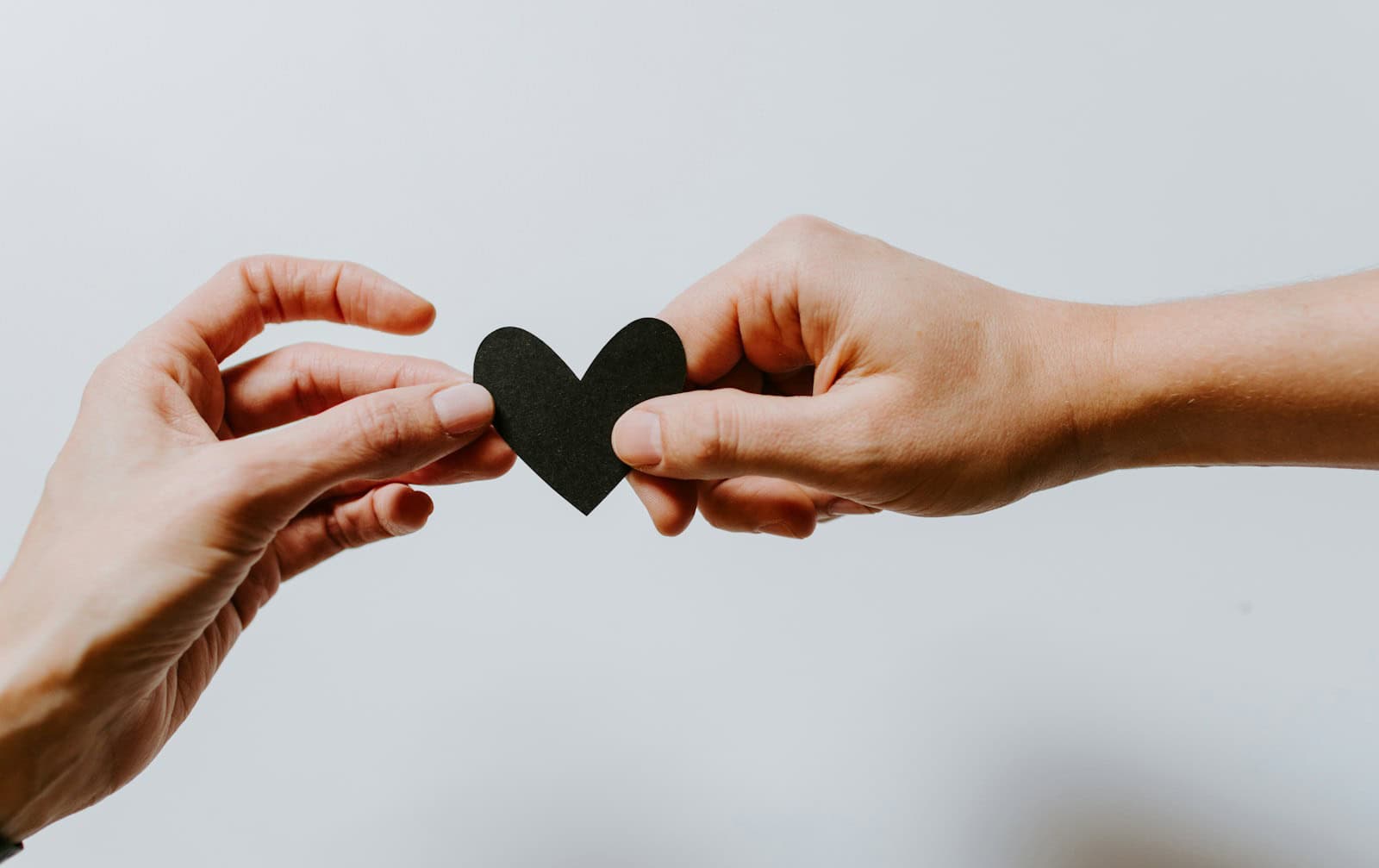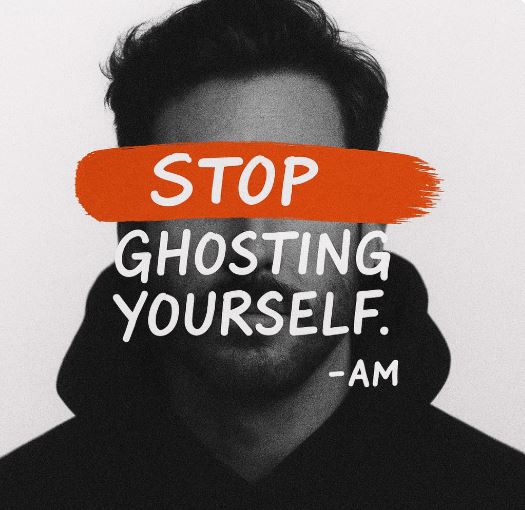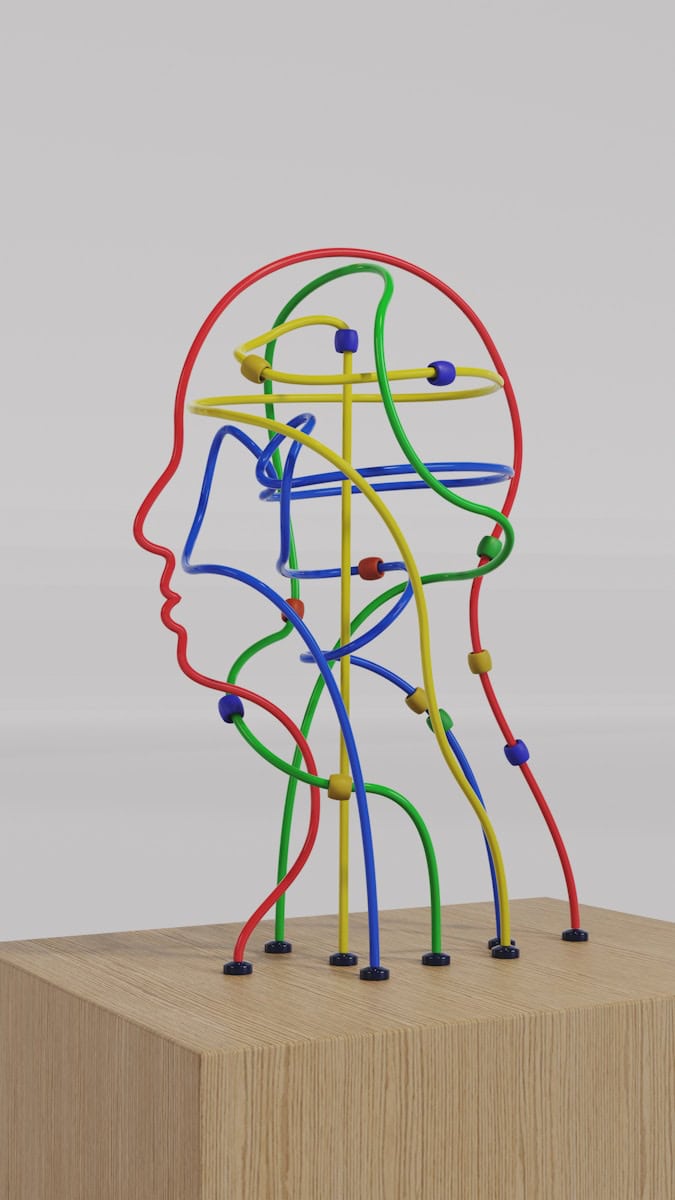How to Break Phone Addiction When Your Brain Craves Digital Hits
How to Break Phone Addiction When Your Brain Craves Digital Hits
You caught yourself scrolling TikTok while brushing your teeth last night. Toothpaste foam dripping down your chin, but you couldn’t put the phone down because what if you missed something important?
That’s your brain on digital dopamine, and it’s not your fault.
Maybe you’ve checked your screen time and saw 8 hours yesterday (and that felt like a light day). Or you realized you’d been refreshing Instagram for 30 minutes, seeing the same posts over and over, but you kept scrolling anyway.
Here’s what most people don’t understand about phone addiction. It’s not about willpower or being lazy, your device is literally designed to hijack your brain’s reward system and the damage goes way deeper than just “wasting time.”
Why Your Brain Can’t Resist Your Phone
 Every notification, like, or mildly interesting video triggers a tiny dopamine hit in your brain. Same chemical pathway as gambling, cocaine, and other addictive behaviors.
Every notification, like, or mildly interesting video triggers a tiny dopamine hit in your brain. Same chemical pathway as gambling, cocaine, and other addictive behaviors.
Tech companies hire neuroscientists specifically to make their apps more addictive. Variable reward schedules, infinite scroll, red notification badges. It’s all designed to keep you hooked and trapped in a cage.
You know that feeling when you put your phone down and your hand twitches back toward it? That’s not weakness but your brain looking for its next fix.
Research from Harvard Medical School shows excessive screen time actually changes your brain structure. Areas responsible for self-control and emotional regulation become less active. Meanwhile, the craving and compulsion centers go into overdrive.
What Happens to Your Focus
You’ve probably noticed you can’t read a book anymore without feeling restless after 10 minutes. Your brain expects constant stimulation now and when it doesn’t come, you feel anxious and bored.
That’s not normal attention problems, that’s withdrawal.
I used to think I was good at multitasking because I could juggle my phone, laptop, and TV simultaneously. Turns out I wasn’t multitasking, I was rapidly switching between different dopamine sources while my brain got fried in the process.
The Hidden Damage Phone Addiction Causes
Phone addiction doesn’t just kill productivity, it affects everything in ways you might not realize.
Your Sleep Gets Destroyed
 Blue light messes with your circadian rhythm, but the worst part is mental residue. When you scroll before bed, your brain processes all that information for hours afterward.
Blue light messes with your circadian rhythm, but the worst part is mental residue. When you scroll before bed, your brain processes all that information for hours afterward.
You lie there replaying random videos or thinking about some Twitter argument you read. Your brain can’t downshift into sleep mode because it’s still buzzing from digital stimulation.
The Sleep Foundation found people who use screens within an hour of bedtime take longer to fall asleep and get lower quality rest.
Your Relationships Suffer (Even When You Don’t Notice)
This one hurt to admit. You think you’re present during conversations, but you’re actually splitting attention between the person talking and the phone in your pocket.
Even when you’re not actively using it, you’re thinking about it, wondering what you’re missing. Afraid something more important is happening somewhere else.
Your girlfriend, partner, or friend has probably pointed this out. Those quick glances mid-conversation and the way you seem distracted even when your phone is face-down on the table.
Your Mental Health Takes a Hit
 Social media comparison is real, but there’s something worse happening. Constant stimulation makes you incapable of being alone with your thoughts.
Social media comparison is real, but there’s something worse happening. Constant stimulation makes you incapable of being alone with your thoughts.
When did you last sit somewhere without entertainment? No phone, music, or TV. Just you and your brain. If that sounds uncomfortable or boring, that’s a red flag.
You’ve been using screens to avoid stress, anxiety, and uncomfortable emotions. Instead of processing feelings, you numb them with endless content, but that works short-term but creates bigger problems long-term.
Why Willpower Doesn’t Work
You’ve probably tried going cold turkey, deleting apps, using screen time limits or even bought one of those locked phone boxes.
Nothing stuck because you were treating symptoms, not the underlying problem.
The real issue isn’t that you lack self-control. The issue is you’re fighting a system designed by teams of behavioral psychologists with unlimited resources whose job is to capture your attention.
You wouldn’t blame yourself for getting addicted to slot machines in a casino. Your phone is a slot machine that fits in your pocket.
The Pattern You Need to Recognize
Start paying attention to how you feel before, during, and after using your phone.
The pattern will be brutal. You feel anxious or bored, so you you reach for your phone and you feel temporarily better while scrolling, but then you feel worse afterward.
You’re not using your phone for information or entertainment. You’re using it as a drug.
To learn more about the science behind phone addiction and how to overcome it, check out this Harvard Health article: Why We Can’t Look Away From Our Screens.
How to Actually Break Phone Addiction
 Here’s what works when willpower fails. Not generic advice about putting your phone in another room, but deeper changes that create lasting freedom.
Here’s what works when willpower fails. Not generic advice about putting your phone in another room, but deeper changes that create lasting freedom.
Audit Your Digital Environment First
Go through every app on your phone. Ask yourself: “Does this add value to my life or just consume my time?”
Be ruthlessly honest. Instagram might be “how you stay connected with friends,” but if you spend 2 hours daily scrolling through strangers’ stories, that’s consumption, not connection.
Delete or restrict access to any app you use mindlessly. If you can’t articulate a specific reason for having it, it goes.
Create Friction for Addictive Apps
Make it slightly harder to access time-wasting apps. Log out after each use, move them off your home screen, turn off all non-essential notifications.
This works because addiction relies on instant gratification. Even a few extra steps gives your conscious mind time to catch up and make a different choice.
Replace the Habit with Something Better
You can’t create a void and expect it to stay empty. When you stop mindlessly scrolling, you need something to do with that time and nervous energy.
Carry a book everywhere. Not because you’re trying to be intellectual, but because you need something for your hands when you feel the urge to check your phone.
Take actual walks. Not power walks for exercise, but slow, aimless walks where you can think without digital interference.
Healthier alternative: When you feel anxious or bored, try the “STOP” technique before reaching for your phone. Stop what you’re doing, Take a breath, Observe how you’re feeling, then Proceed with intention rather than impulse.
What to Expect During Digital Detox
The first few weeks will be rough. You’ll feel restless, anxious, and genuinely bored. Your brain will keep looking for stimulation, and when it doesn’t come, you’ll feel like you’re missing everything important.
This is normal withdrawal. Your brain has been rewired to expect constant stimulation. It takes time to readjust, but it does readjust.
Your Timeline for Recovery
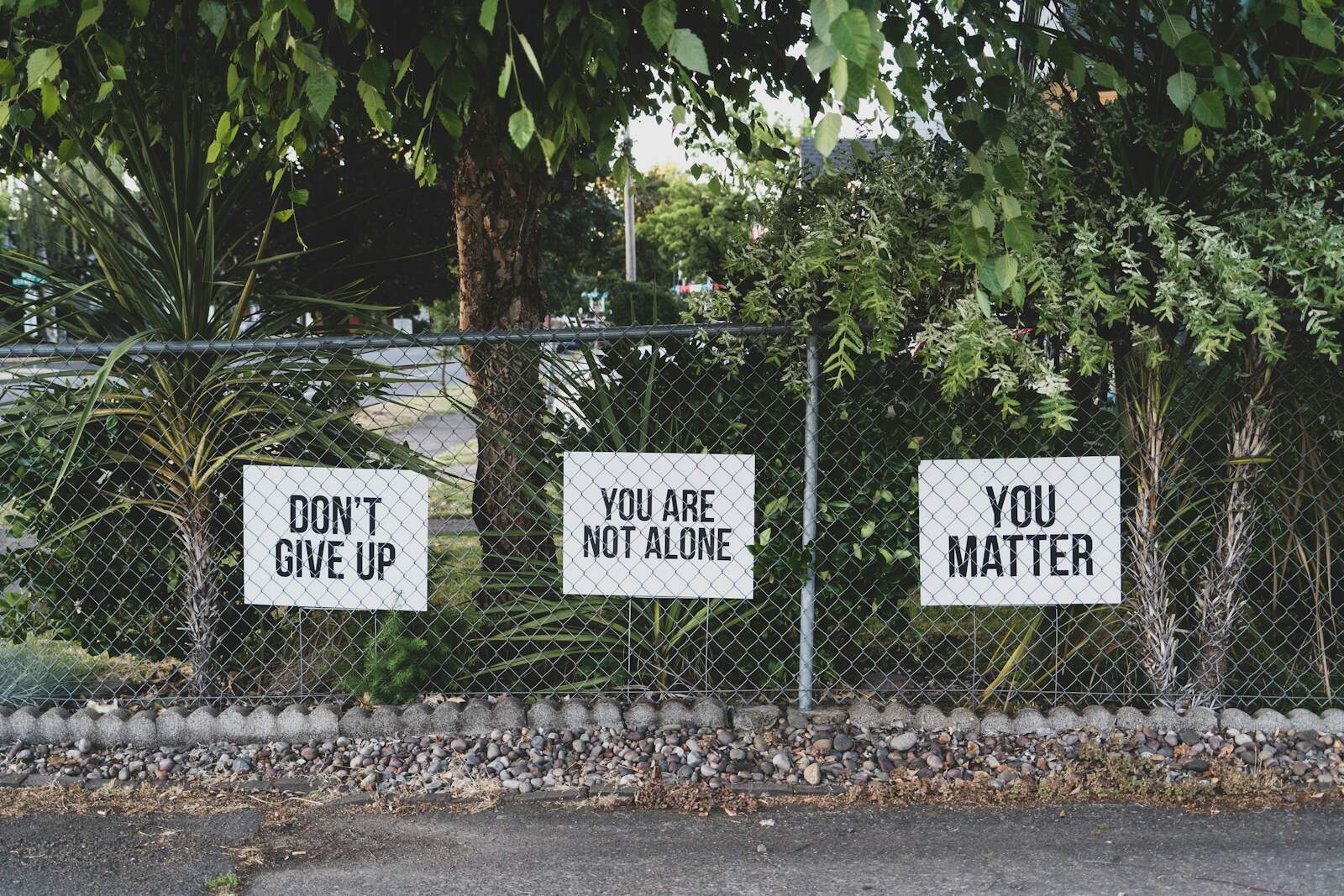 Days 1-3: You’ll feel anxious and reach for your phone automatically. You might panic that you’re missing something urgent (you’re not).
Days 1-3: You’ll feel anxious and reach for your phone automatically. You might panic that you’re missing something urgent (you’re not).
Week 1: Physical habits start fading, but you’ll feel mentally restless. You’ll notice how often you used to check your phone.
Weeks 2-3: You’ll start noticing things you hadn’t seen before. Conversations, sounds, your own thoughts. It might feel overwhelming at first.
Month 1 and beyond: Your brain craves stimulation less frequently. You can focus on one thing for longer periods. You might actually feel bored sometimes, and that’s perfectly okay.
Benefits Nobody Talks About
Everyone mentions increased productivity and better sleep (which are real). But there are unexpected benefits that might surprise you.
Better Anxiety Management
When you stop constantly stimulating your brain, you get better at handling uncomfortable emotions. Instead of immediately distracting yourself when anxious, you learn to sit with the feeling and let it pass naturally.
Anxiety loses its power when you don’t run from it. Phones are sophisticated anxiety-avoidance devices.
Improved Decision Making
Without constant input of information and other people’s opinions, you start trusting your own judgment more. You stop second-guessing every decision by immediately googling what others think.
Real Boredom Returns
You’ll get genuinely bored again, and it’s amazing. Boredom is where creativity lives, it’s where you process thoughts and generate new ideas.
When you’re never bored, you’re never creating. You’re just consuming.
Making Changes That Actually Stick
Lasting change isn’t about perfection. It’s about building systems that work even when you’re tired, stressed, or having a terrible day.
Create a Phone Parking Spot
Set up a charging station somewhere central in your home where your phone lives when you’re not actively using it. Not in your bedroom or pocket, but in a specific spot you can access when needed.
This simple change eliminates most mindless phone use.
Protect Your Morning and Evening
Don’t check your phone for the first hour after waking up or the last hour before bed. Do things that actually improve your life instead. Stretch, read, plan your day, reflect on what went well.
These routines protect the most important parts of your day from digital interference.
Ask the Reality Check Question
When you catch yourself reaching for your phone, ask: “What am I hoping to find right now?”
Usually the answer is nothing specific, you’re just seeking stimulation or avoiding something uncomfortable. That moment of awareness is enough to make a different choice.
Progress, Not Perfection
You don’t have to become a digital monk or pretend it’s 1995. The goal is using technology as a tool rather than letting it use you as a product.
Some days you’ll slip back into old patterns. The difference is you’ll notice it happening and course-correct instead of spiraling for weeks.
You’re not trying to eliminate technology from your life. You’re trying to develop a healthy relationship with these tools so they serve your goals instead of consuming your attention.
Conclusion
Phone addiction isn’t a personal failing so stop beating yourself up. It’s a predictable response to devices designed to be addictive. The fact that you’re reading this means you’re already ahead of most people who haven’t recognized the problem yet.
You don’t have to live in constant digital overwhelm. You don’t have to feel anxious when you can’t find your phone. You don’t have to choose between staying connected and staying sane.
Start with one small change, try it for a week, notice how you feel and build from there.
Your attention is your most valuable resource. Stop giving it away for free to companies that profit from your distraction. Take it back, one conscious choice at a time.
If you made it through this entire article without checking your phone, that’s already a victory worth celebrating.
Recommended
Breaking Free from Toxic Traits: Tools That Work (Part 3)
You can also read recognize break free toxic life patterns for a deeper perspective.
Don’t miss phubbing partner phone addiction for related tips.

